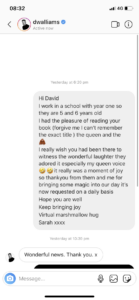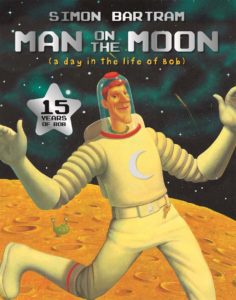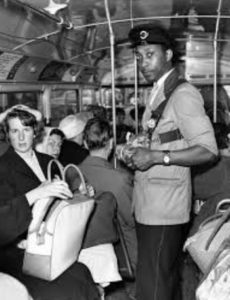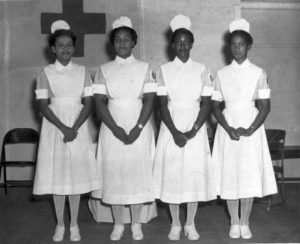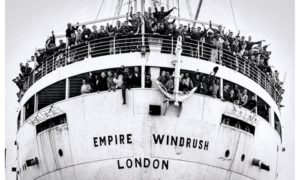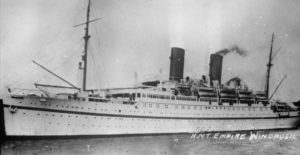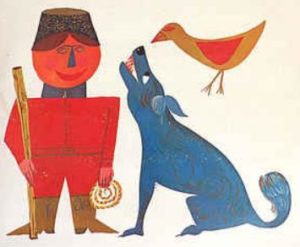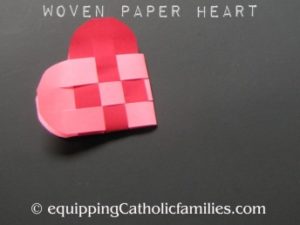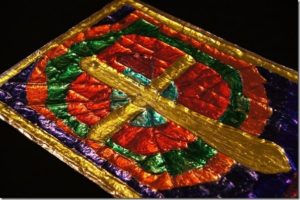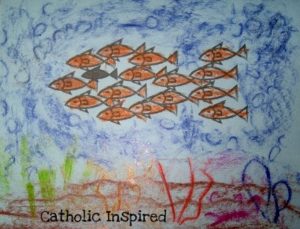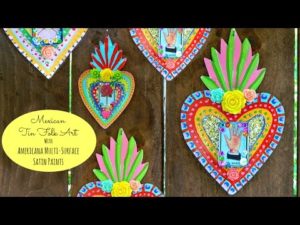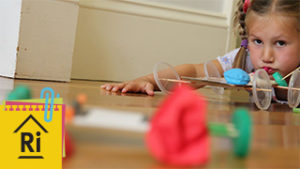Dear all
We have had another lovely week in school. We hope those of you at home are still keeping up with your learning and perhaps we will see more of you in school before the end of term?
Some of the children in year 1 this week have been reading a book by David Walliams in class. Mrs Walls sent a message to David Walliams on social media saying how much the children had enjoyed it and he replied! Here is the message. How exciting !
On the 22nd June we mark Windrush day. This commemorates the people who came to the UK to help us 72 years ago. We have included some home learning to help you and your families learn a little and to think about what it must have been like to come such a long way from home and family to live in a new and cold country. You may want to find out more about their experiences together.
Remember that there is no need to complete all of the learning below! The focus should be on maths, some aspects of the online English learning and reading and then maybe you could choose one other project to do from the home learning ideas? Or more if you want to obviously! Make this time at home enjoyable and treasure the time you are together having fun! Remember that you can send us a piece of the children’s work or an activity that they want to share every week on our class email addresses:
Turtleclass@stpeterswaterlooville.hants.sch.uk
Pufferfishclass@stpeterswaterlooville.hants.sch.uk
We would love to see what the children are getting up to at home!
Don’t forget to look at Sumdog for maths, reading and spelling challenges.
English reading and writing
The Man On The Moon: ( A day in the life of Bob)
https://www.youtube.com/watch?v=Rt5zQ1UO6rE
To listen to a story
https://classroom.thenational.academy/lessons/to-listen-to-a-story-a1104f/
To commit a story to memory
https://classroom.thenational.academy/lessons/to-commit-a-story-to-memory-82ce18/
To use the first person and the past tense
https://classroom.thenational.academy/lessons/to-use-the-first-person-and-the-past-tense/
To begin to write our recount
https://classroom.thenational.academy/lessons/to-begin-to-write-our-recount/
To continue to write our recount
https://classroom.thenational.academy/lessons/to-continue-to-write-our-recount/
In this weeks sequence of lessons you will be learning about Bob and his job on the moon! We will be using the first person and thinking about using the past tense in our recount. You will be doing some phonics focusing on the sound or (short), aw (paw) and au (launch) as well as some spellings linked to the story.
If it is a bit tricky or moves too fast for your child just focus on the key phonics being taught, or one version of the sound that your child knows e.g. or and the key words. Maybe you could just work on one day of the online learning? Do what you feel your child can cope with. Recapping the past tense would be a good place to start. Tuesday’s learning suggests making a story map. Do this together and retell the story using your story map. The last 2 days are a recount but you do not need to write a sentence for every aspect of the story. The key thing is that you enjoy your writing and use the past tense and first person to demonstrate your new learning.
Reading
We attach the link below because we feel it has some useful ideas. See page three. We are sure that you are doing many of them already!
Menu of reading response ideas KS1
The website below has lots of free to download ebooks suitable for laptops and tablets. You will need to register to access them but it is all free and the website has other information about different areas of literacy which you may find useful.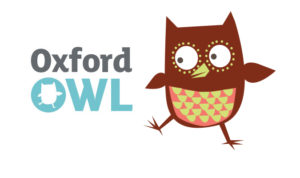
https://home.oxfordowl.co.uk/books/free-ebooks/
Spelling
Linking to the phonics and story this week:
Saw, yawn, important, sweetcorn, launch, astronaut, two, some. Some of these words are a bit tricky to write and remember. If so see if you can learn put, one and some.
Maths
To use addition and subtraction in the context of money
To exchange money for items
https://classroom.thenational.academy/lessons/to-exchange-money-for-items/
To find the total cost of two items
https://classroom.thenational.academy/lessons/to-find-the-total-cost-of-two-items/
To calculate the amount of change needed
https://classroom.thenational.academy/lessons/to-calculate-the-amount-of-change-needed/
To calculate the amount of change needed
https://classroom.thenational.academy/lessons/to-calculate-the-amount-of-change-needed-6a081a/
History
The 22nd June is the annual Windrush day which celebrates the contribution of those people who came from the Carribean on ‘The Empire Windrush’ ship 72 years ago to start a new life in Britain. These people came across the sea to help the United Kingdom rebuild following the Second World War and they took on lots of different jobs including working in the NHS and on public transport like the buses as in the photos below!
Here are some photographs of the ship.
What do you think it would have felt like to move from your home to a totally new country?
What do you think you would expect to see?
Find out a little about the Caribbean. What would have been different or the same about living in England?
Music
Cat and Duck
Listen to this short piece of music and find a picture of a clarinet
Close your eyes and imagine the cat prowling around.
Can you prowl around like a cat hunting?
Now listen to this short piece of music and find a picture of an oboe.
How does the duck move differently to the cat?
Art
Art Challenge Feast Days
We have two important Feast Days in our Church calendar for June. The 19th June is the Feast of the Sacred Heart and 29th June is the Feast Day of St Peter and St Paul.
For your art challenge this week I would you to do a creation linked to either of these Feast Days.
The Sacred Heart of Jesus is an object of devotion and always falls 19 days after Pentecost.
As you know, St Peter was given the ‘keys to heaven’ by Jesus and was our first Pope and in Matthew Ch16v18 Jesus said ‘And I tell you, you are Peter, and on this rock I will build my church.’ He is also the Patron St of fishermen. St Paul changed from not believing in Christianity to spreading the word through the letters that he wrote. Naturally, he is the Patron St of writers.
Ideas to inspire you:
Alternatively, you could do artwork to do with the Patron St that you have been linked to in school (England St George; Scotland St Andrew; Ireland St Patrick: Wales St David), or the Patron St of your home country.
However, if this doesn’t appeal to you, then you can still send any other art work to me and I will post that on the Blog too.
Please email your artwork to me:
n.pearson@stpeterswaterlooville.hants.sch.uk
Thank you.
Family Science Activity
Balloon Car Racers
https://www.rigb.org/families/experimental/balloon-car-racers – to watch the video
The activity – Make cars which are propelled by balloon power.
ExpeRiment with designs and see what factors affect how fast or how far your car goes.
Learn how a balloon car works just like a rocket.
https://www.rigb.org/docs/ballooncarracers_infosheet_1_1.pdf – to view the information sheet
What to do:
- Make a balloon car based on the instructions Mark gives in the video.
- Decide how you will judge what makes a ‘good’ car – is it how far it goes or how fast it goes?
- Investigate what happens if you have bigger or smaller wheels (you can use other types of lids or make wheels from cardboard and use blu-tac or glue to attach them to the kebab skewers).
- Investigate what happens if you change the design of your car in other ways – you can watch the video again for inspiration for other designs.
Going further challenge:
- Measure how far your car travels using a tape measure.
- Time how fast your car travels ½ a metre – would double the speed be the time that your car would travel 1 metre? Test it out.
- You can find the speed of your car in metres per second using a stopclock and a tape measure: Measure the distance the car travels (in metres) then dividing that distance by the time it took to travel (in seconds).
